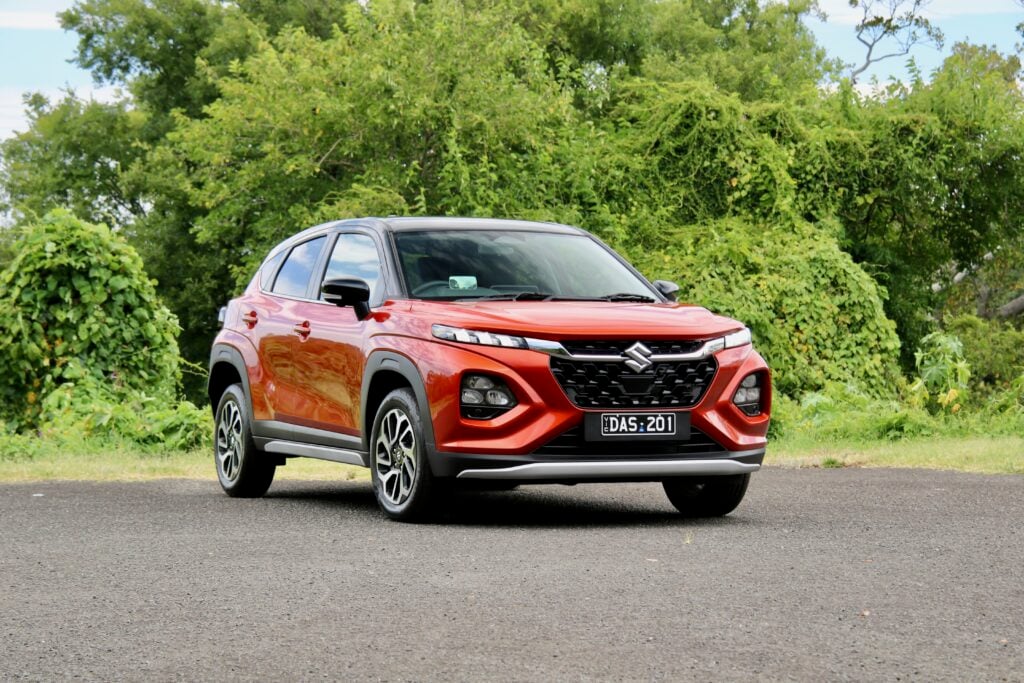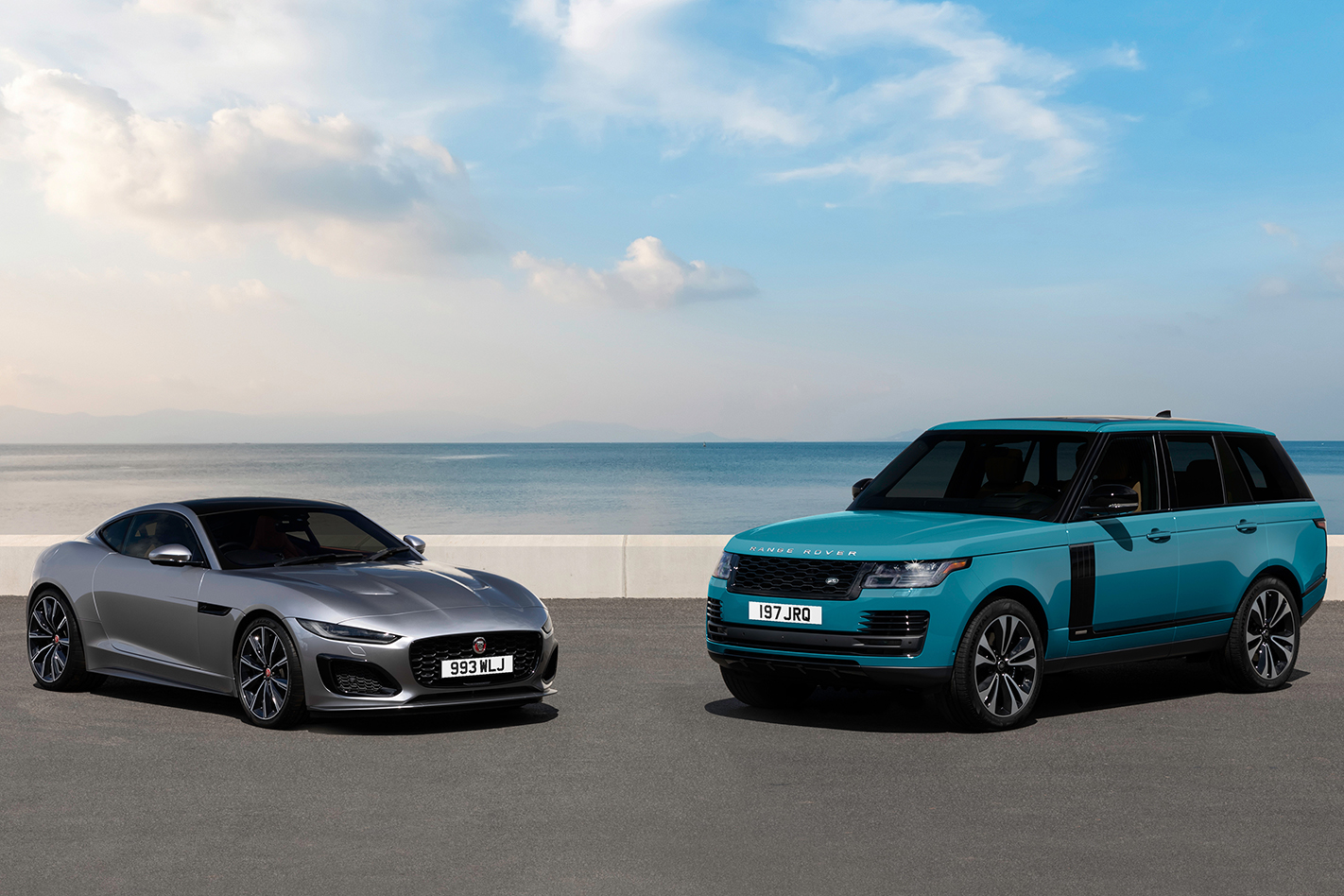
With technology companies such as Amazon, Meta and Twitter significantly reducing their workforces, Jaguar Land Rover is snapping up fresh talent with the launch of a recruitment drive to entice skilled workers.
The initiative will look to fill 800 digital and engineering positions across the UK, Ireland, US, India, China and Hungary, promising flexible working arrangements to successful applicants – a carrot that would seem to poke at Twitter CEO Elon Musk’s recent insistence that employees return to in-office attendance.
Industry-wide slowing in the tech sector, and recent (and very public) streamlining at Twitter has resulted in thousands of jobs being shed, emptying a slew of engineers onto the job seeker market.
Given Jaguar Land Rover’s strategy of moving to the electrification of its products, and a shift to becoming a “digital-first and data-driven organisation”, former engineers and tech workers from the world’s premier tech giants could benefit the maker greatly.

Anthony Battle, JLR’s Chief Information Officer, said: “Our digital transformation journey is well underway, but being able to recruit highly skilled digital workers is an important next step. We are pleased to be able to provide opportunities to talented individuals with digital capabilities.”
“Jaguar Land Rover is transforming to an electric-first business, and we are creating some of the most digitally advanced vehicles ever seen. Through our products we will create new experiences, new levels of intimacy and connected car services for our customers, to give our clients a true modern luxury experience,” added Dave Nesbitt, Digital Product Platform Director.
JLR claims that electrified cars accounted for two-thirds of sales following the introduction of hybrid and electric cars to the range, and the new talent from this recruitment drive will be tasked with expanding development in autonomous driving, AI, electrification, cloud software, data science, and machine-learning as the Tata-owned company sets its eyes on enhancing its range and meeting its lofty zero-emission hopes.
We recommend
-
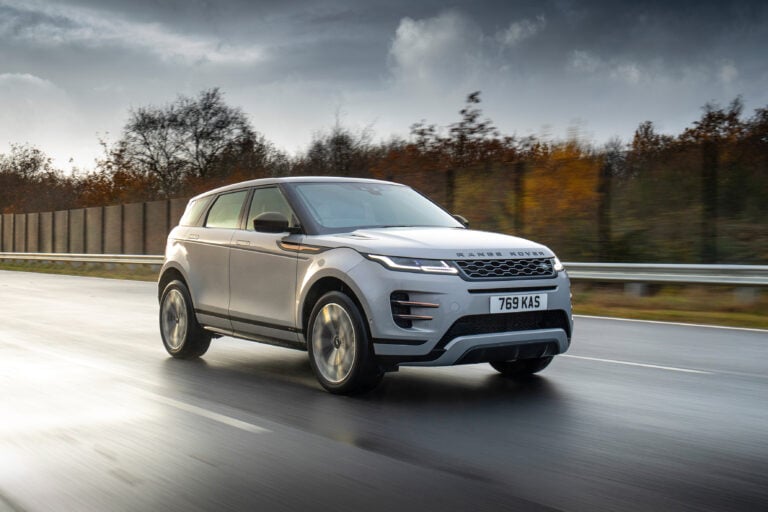 News
NewsChip crisis hits Jaguar Land Rover as order book booms
Luxury carmaker impacted by parts shortage despite record sales
-
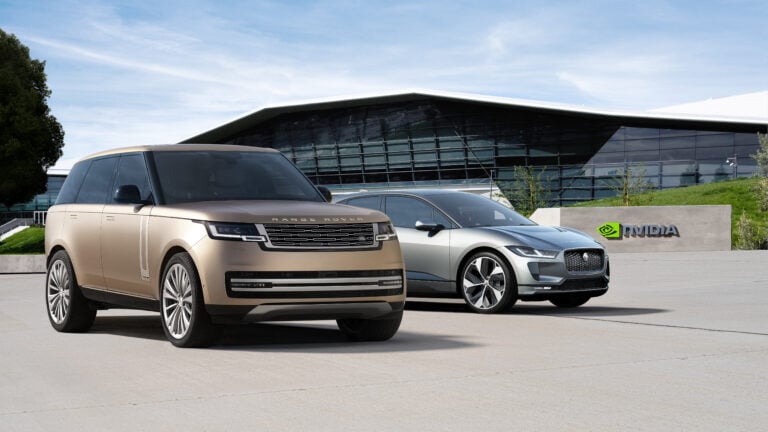 News
NewsJaguar Land Rover, NVIDIA form partnership for automated driving development
The partnership will see software development come in-house for JLR
-
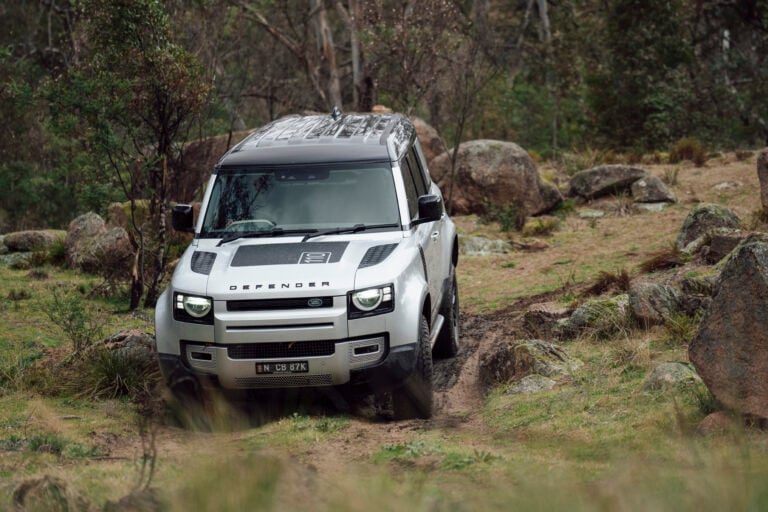 News
NewsJaguar and Land Rover prices increase across 2023 range
The marque has adjusted pricing and features across its line-up for 2023

